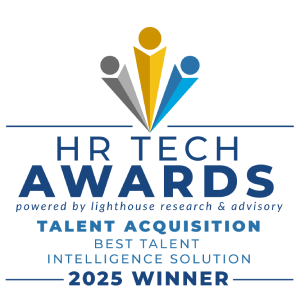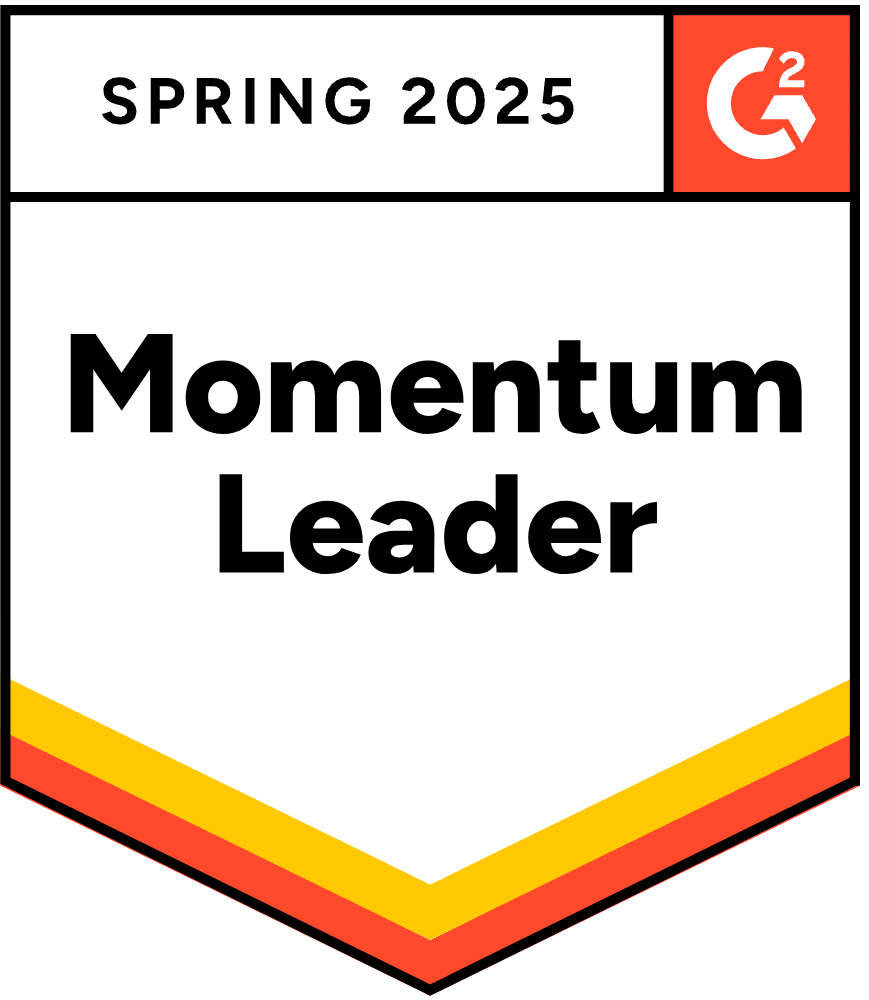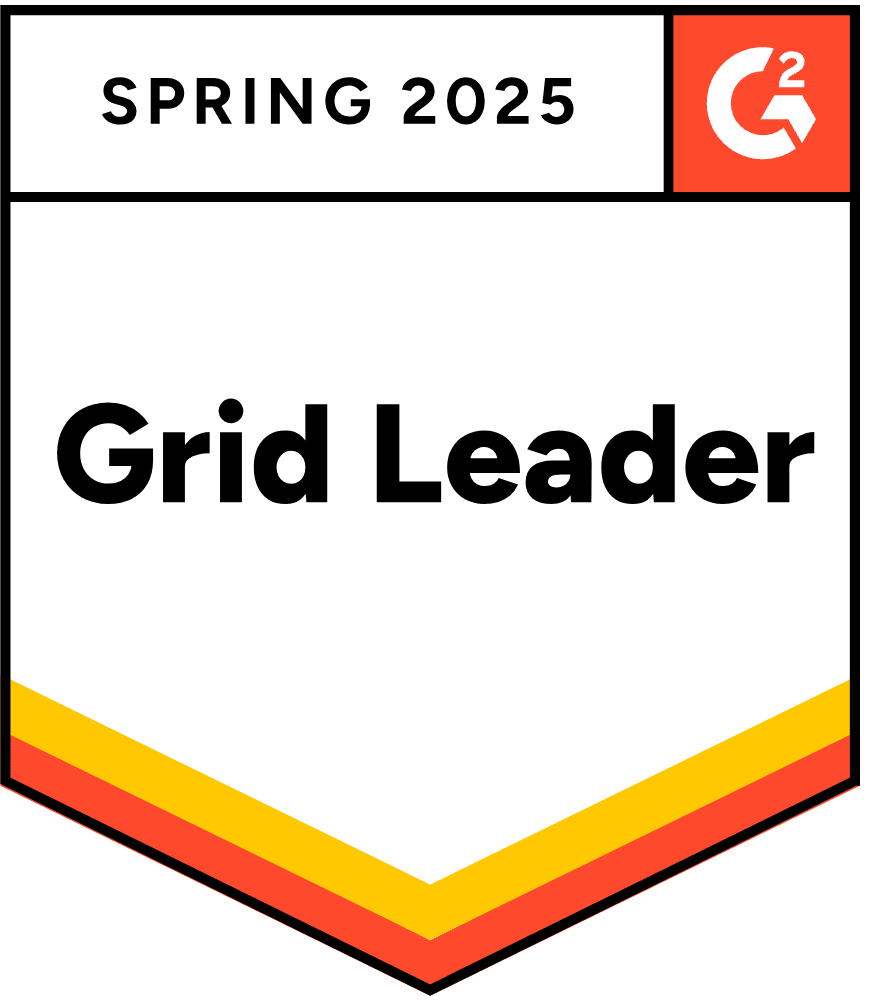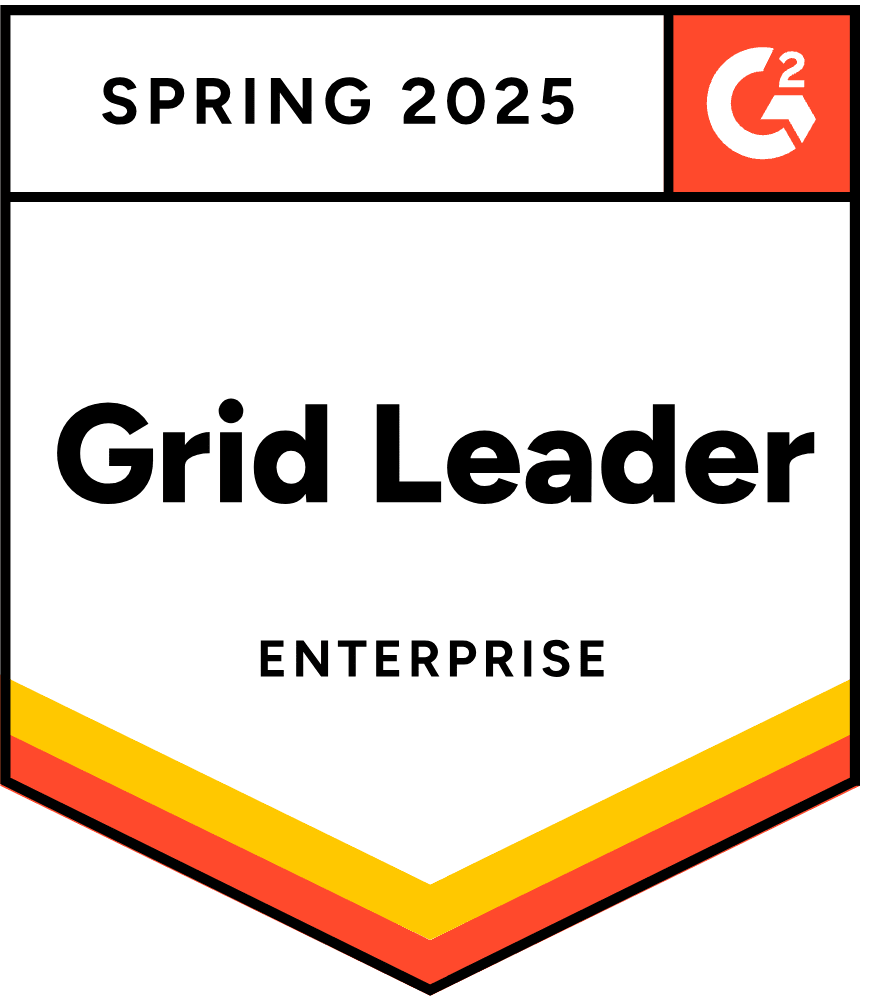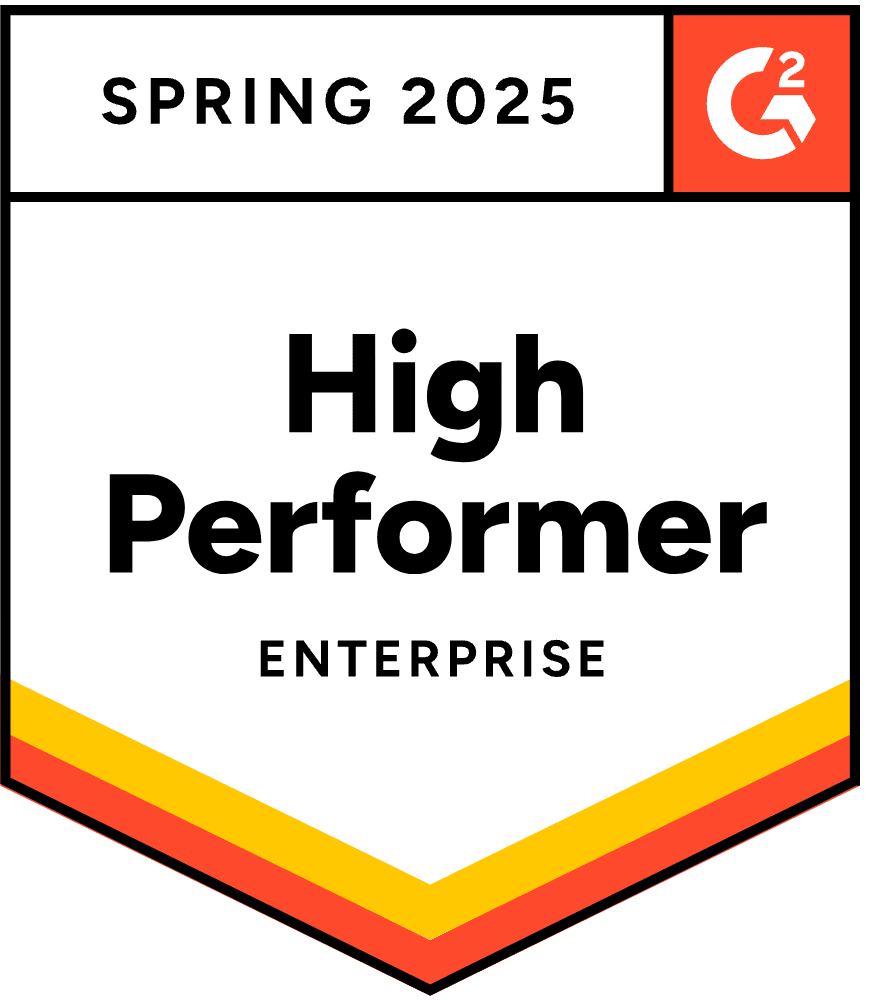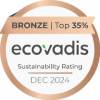Introduction
Meet Gen Z – the newest powerhouse in the workforce, born between 1997 and 2012. Gen Z brings a fresh perspective, fueled by a unique mix of traits, tech fluency, and values that are reshaping workplace culture. This generation grew up with the internet, social media, and mobile tech, making them incredibly adaptive, well-informed, and well, digital natives!
As recruiters, you must wonder what makes Gen Z tick?
They’re driven by authenticity, value diversity, and crave flexibility. In a nutshell, they’re not just clocking in for a paycheck – they’re a feisty bunch searching for meaning, fairness, and a sense of belonging in their roles. Companies looking to tap into Gen Z’s full potential need to adjust their playbook, to attract the most innovative, driven talent entering the job market.
Gen Z is already shaking up the world of work, and with every hire, companies have a chance to become stronger, more dynamic, and future-ready. We’ve curated this guide to help you understand what Gen Z wants, how they work, and why understanding this generation is key to unlocking an engaged, motivated, and loyal workforce for the future.
The Gen Z Mindset: Who Are They in the Workplace?
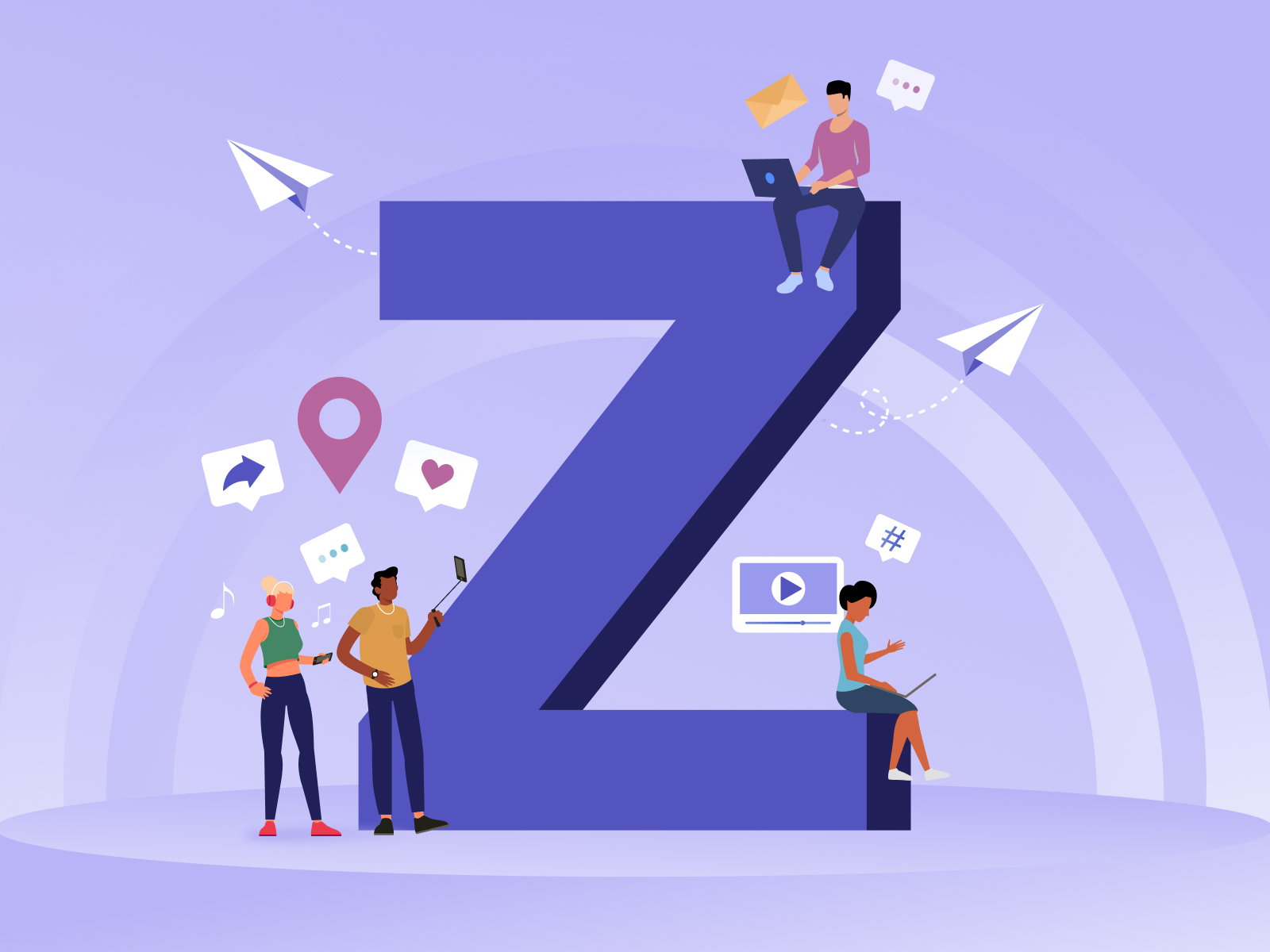
This new generation brings an evolved perspective to the workplace, shaped by rapid technological change, a drive for purpose, and a desire for balance. Here’s a closer look at what Gen Z values and expects from employers today.
Work preferences
Gen Z prioritizes flexibility and autonomy. They’re not as interested in the typical 9-to-5; instead, they value jobs that allow remote work options, adaptable hours, and a healthy work-life balance. They want roles that let them manage their own time, ensuring productivity without compromising personal well-being. For employers, this means rethinking rigid work schedules and embracing more flexible, results-focused approaches.
Career aspirations
Purpose-driven, Gen Z doesn’t just want a job – they want a mission. This generation seeks roles where they can make a real impact, both within the organization and in the wider world. Whether it’s through social responsibility programs, sustainability initiatives, or opportunities for community engagement, Gen Z wants to feel that their work has a purpose. Companies offering clear career paths, growth opportunities, and a chance to make a difference will attract and retain these motivated employees.
Financial expectations
Financially, Gen Z is practical and prepared. Having grown up during times of economic uncertainty, many are burdened with student debt and prioritize competitive salaries and robust benefits over perks like game rooms and free snacks. They expect fair pay, transparent compensation practices, and opportunities for financial growth. For employers, this means ensuring that compensation packages reflect industry standards and are openly communicated to build trust and attract the right talent.
Technology dependence
As true digital natives, Gen Z expects seamless technology integration in every aspect of work. They’re comfortable with advanced tools, collaborative platforms, and digital solutions that streamline processes. Employers should be prepared to invest in modern technology that enhances efficiency, provides real-time connectivity, and supports remote work. A tech-savvy environment doesn’t just attract Gen Z – it empowers them to innovate and contribute in ways they excel.
Workplace culture values
For Gen Z, a positive workplace culture is non-negotiable. They expect environments that prioritize diversity, equity, and inclusion (DE&I) and actively promote a culture of respect and authenticity. They’re also looking for workplaces where mental health support and open communication are prioritized, creating a safe space to bring their full selves to work. Companies that embody these values through policies, programs, and genuine actions will naturally attract Gen Z employees who seek a strong, inclusive community.
Understanding the Gen Z mindset is about creating a workplace where they can truly thrive. By tapping into these values and expectations, companies can not only attract Gen Z but also inspire them to become loyal employees in an evolving workforce.
Millennials vs. Gen Z: Key Differences in Recruiting
In 2024, understanding Millennials and Gen Z is crucial for employers looking to build a thriving, adaptable workforce. These two generations make up a large part of today’s talent pool, but they have unique perspectives and expectations. While Millennials pushed for work-life balance and embraced remote work, Gen Z expects even more flexibility, along with a focus on diversity, inclusivity, and social impact.
By recognizing these differences, recruiters can tailor their approach to align with what each generation values most, creating a hiring process that not only attracts diverse talent but also fosters long-term satisfaction and loyalty.
| Aspect | Millennials (Born 1981–1996) | Gen Z (Born 1997–2012) |
| Career motivations | Growth-oriented idealists – Millennials prioritize professional growth and value career development paths that promise upward mobility and skill enhancement. | Purpose-driven realists – Gen Z seeks meaningful work but is grounded in practicality, often preferring roles that provide stability, real-world impact, and alignment with social or environmental values. |
| Communication style | Conversational and collaborative – Millennials appreciate more in-depth conversations, whether face-to-face or virtual, and value a blend of formal and informal feedback loops. | Direct and digital – Gen Z prefers quick, direct communication, often through text, instant messaging, or platforms like Slack. They expect feedback to be concise and actionable. |
| Preferred work style | Collaborative and structured – While also valuing flexibility, Millennials thrive in team-oriented environments and appreciate structured workflows with clear objectives. | Flexible and independent – Gen Z leans toward flexible working arrangements, including remote or hybrid options, and values autonomy in managing their workload. |
| Technology usage | Tech-savvy adaptors – Millennials are highly competent with technology and comfortable with digital transformation but are more cautious adopters, preferring tools that enhance collaboration and productivity. | Innovation integrators – Gen Z has grown up in a tech-first world, expecting cutting-edge tools and a seamless tech experience at work. They quickly adopt new digital tools, making them naturally agile with change. |
| Job search channels | Professional networks – LinkedIn, Glassdoor, and traditional job boards resonate more with Millennials, who seek comprehensive insights into companies through professional channels. | Video and social media-focused – Gen Z actively uses social media platforms like TikTok, Instagram, and YouTube for job search and company research, valuing transparency in brand communication. |
| Preferred benefits | Flexibility and rewards – Millennials value flexible work hours, wellness programs, and family-related benefits, alongside financial incentives like performance bonuses. | Mental health and financial wellness – Beyond the basics, Gen Z prioritizes mental health support, student debt assistance, and financial education, viewing these as essential to well-being and performance. |
| Company values | Diversity and work-life balance – Millennials also value DE&I but are equally focused on companies that support work-life balance and foster a supportive community. | Social impact and authenticity – Gen Z wants employers to walk the talk on DE&I, sustainability, and ethical practices. They’re quick to disengage if values appear superficial. |
Key takeaways for recruiters:
- Tailor communication styles: To engage Gen Z, use clear, concise digital communication (e.g., text or instant messaging). For Millennials, a more conversational approach through structured feedback sessions is effective.
- Offer flexible and independent work structures: Hybrid or remote work options resonate with Gen Z, while Millennials appreciate defined roles within collaborative frameworks.
- Invest in transparent employer branding: Gen Z actively researches companies through nontraditional channels, so consider platforms like TikTok or Instagram for employer branding. Millennials are looking at LinkedIn and Glassdoor – keep profiles up-to-date and authentic.
- Benefit packages: Mental health and financial wellness are critical to Gen Z, while Millennials value flexibility and growth-related rewards. Customize benefits to appeal to these generational priorities.
Understanding these nuanced differences can help tailor job listings, outreach methods, and work environments to appeal uniquely to each group, maximizing engagement and long-term retention.
Recruiting Gen Z: Strategies that Work
To successfully recruit Gen Z, companies must go beyond traditional methods and embrace new, dynamic strategies that speak directly to this generation’s values, career goals, and communication preferences. Let’s dive into strategies that work for effectively engaging Gen Z talent.
Career site: A digital destination for Gen Z
A career site is the first place Gen Z will visit to understand what your company stands for. They expect a digital-first experience that is engaging, easy to navigate, and loaded with transparent information. Ensure that your career site reflects the company’s mission, values, and impact areas, especially in DE&I and sustainability. Since Gen Z values authentic insights, feature real employee stories, video testimonials, and day-in-the-life visuals to convey the experience of working at your company. A mobile-friendly design is also crucial, as Gen Z conducts most of their online activity through mobile devices.
Personalization in communication: Moving beyond generic messages
Gen Z is drawn to personalized experiences. To capture their attention, recruiters must tailor their outreach and engagement efforts. This means sending targeted, relevant content that addresses their specific interests, skills, and goals, rather than using mass emails or generic job descriptions. For example, if a candidate has shown interest in technology, personalize the message to include growth opportunities in tech roles, current tech projects, or innovation initiatives within the company. Personalization tools can go a long way here, allowing recruiters to segment and target candidates with messages that resonate.
Refining the job description: Clear, concise, and values-driven
Job descriptions can be make-or-break for Gen Z applicants. A well-crafted JD that’s short, clear, and value-driven can capture their attention. Be transparent about job responsibilities, growth opportunities, compensation and company culture. Focus on skills and values rather than rigid experience requirements, as many Gen Z applicants might still be in the early stages of their careers. If flexibility or remote work options are available, highlight them. Don’t forget to include any perks that align with their priorities, like mental health support, student loan assistance, or community-building activities.
Using social media to build brand authenticity
Social media is a powerful tool to give Gen Z an inside look into your company culture. Platforms like Instagram, TikTok and even LinkedIn can be leveraged to highlight employee stories, day-in-the-life content, community involvement, and DE&I initiatives. Authentic, unpolished content (think behind-the-scenes footage or live events) resonates well with this generation, as they value transparency over highly curated corporate posts.
Leveraging technology in the hiring process
Gen Z is highly familiar with technology, and they expect employers to be as well. Integrating AI and digital tools, like chatbots, into the application and interview processes can create a streamlined and modern experience that appeals to them. Chatbots, for example, can answer questions in real-time and help candidates schedule interviews quickly, while tools that allow candidates to track their application status provide transparency.
Campus recruitment: Meeting gen Z on their turf
For Gen Z, who are often still exploring their career paths, campus recruitment remains one of the most effective ways to reach this demographic. To make an impact, companies should consider creating a vibrant campus presence through in-person events, interactive workshops, or virtual info sessions. Gen Z values learning and development, so highlighting growth opportunities, mentorship programs, and potential career paths can make a lasting impression. Recruiters can go further by using platforms familiar to students, like TikTok or Instagram, to showcase their company culture and post about upcoming campus events.
By implementing these strategies, recruiters can connect with Gen Z candidates on a deeper level, building a recruiting process that not only attracts this next generation of talent but also sets them up for a meaningful, lasting career with the company.
Building a Gen Z-Friendly Workplace
With Gen Z talent on board, the next step is to create a workplace where they can truly thrive. This means reimagining traditional work environments to center on what matters most to this generation: inclusivity, flexibility, and growth opportunities. Companies that adapt to these values gain a strategic edge in today’s competitive labor market – not just by attracting Gen Z but by fostering loyalty in a group known for exploring career options. Let’s look at where to focus to build a work environment where Gen Z feels seen, supported, and motivated to contribute their best.
Flexibility: As already covered above, Gen Z employees value flexibility in work schedules and locations, which aligns with their tech-savvy, remote-capable skills. This generation sees flexible work not just as a perk but as a necessity for maintaining work-life balance and reducing burnout. For Gen Z, remote work and flexible hours are key factors in job satisfaction and loyalty.
Focus on DE&I: Gen Z is one of the most diverse generations, and they prioritize working for companies that are serious about diversity, equity, and inclusion. They expect organizations to reflect a broad range of backgrounds and perspectives in hiring and to foster environments where all voices are respected and heard. Notably, companies that successfully communicate and execute their commitment to DE&I see stronger engagement and retention rates among Gen Z employees, who value authenticity and tangible action over corporate slogans or surface-level initiatives. In fact 56% of Gen Z-ers say they would not accept a job without diverse leadership.
Constant feedback: Unlike previous generations that might be content with annual or bi-annual performance reviews, Gen Z prefers regular, ongoing feedback. They seek out frequent guidance not just for performance improvement but also as a means to feel connected and valued within their organization. To meet this need, managers can implement weekly check-ins or feedback loops that provide Gen Z employees with constructive insights while reinforcing alignment with organizational goals. This approach is particularly effective for fostering their professional growth and reinforcing their sense of purpose in the workplace.
Opportunities for skill development: This new talent pool expects their workplaces to offer continuous professional development – think online courses, mentorship programs, and access to certifications. For recruiters and managers, this means creating pathways that allow Gen Z employees to expand their skills and work on meaningful projects. Companies that promote skill-building and provide clear, structured career progression will not only attract top Gen Z talent but also retain them, as they value professional growth over simply clocking hours.
Emphasis on purpose and impact: Companies with a strong sense of purpose attract the youngest talent pool. This generation tends to prioritize roles where they feel they’re making a positive impact on society or the environment. Highlighting the organization’s mission, values, and community impact can make a significant difference. Whether it’s through sustainable business practices, social impact initiatives, or volunteer programs, organizations that show they’re committed to more than just profit can establish a stronger connection with Gen Z employees. This creates a workplace culture where Gen Z feels their work is meaningful and aligned with broader societal goals.
Together, these strategies help cultivate a workplace that meets the expectations and aspirations of Gen Z, making it possible to build a motivated and engaged workforce for the long term.
Conclusion
The future of work is here, and Gen Z is ready to take it by storm. For recruiters and employers, this isn’t just an adjustment; it’s an opportunity to breathe new life into hiring practices and workplace cultures. If you want to attract, retain, and truly engage this dynamic generation, it’s time to lean into what Gen Z is all about – authenticity, inclusivity, and growth. These aren’t just buzzwords; they’re values that, when integrated into your recruitment and management strategies, will set you up to create a resilient and innovative workforce.
So, are you ready to go beyond the basics and become a company that thrives with the next generation of talent? Embrace the energy, adaptability, and passion Gen Z brings, and watch your organization transform! Remember, it’s not about fitting Gen Z into outdated molds – it’s about reshaping the workplace to let their potential shine. Hiring Gen Z is more than just filling roles; it’s about building a forward-thinking culture that taps into tomorrow’s leaders.
Let’s make it happen!
FAQs
What are the key traits of Gen Z employees?
Gen Z employees value flexibility, constant feedback, and career growth. They are highly tech-savvy, adaptable, and socially conscious, prioritizing authenticity, diversity, and purpose-driven work.
What role does diversity and inclusion play in attracting Gen Z candidates?
Diversity and inclusion are essential for Gen Z, who seek workplaces where they feel represented and valued. They favor employers committed to authentic DE&I initiatives, which boosts company appeal and fosters loyalty.
What are Gen Z’s expectations for workplace culture?
Gen Z expects a workplace culture that prioritizes flexibility, mental health support, and clear communication. They seek a collaborative environment where their voices are heard, growth is supported, and work-life balance is respected.
Why are employers avoiding hiring Gen Z workers?
Some employers hesitate to hire Gen Z due to perceived challenges, like different communication styles, high expectations for feedback, and a preference for flexible work arrangements, which may require companies to adapt traditional practices.
How can companies improve retention rates for Gen Z employees?
To retain Gen Z, companies should offer career development opportunities, continuous feedback, and strong DE&I practices. Building an adaptable, purpose-driven culture that aligns with their values can foster long-term loyalty.
Also read:
The Ultimate Guide to Recruitment Advertising [2025]
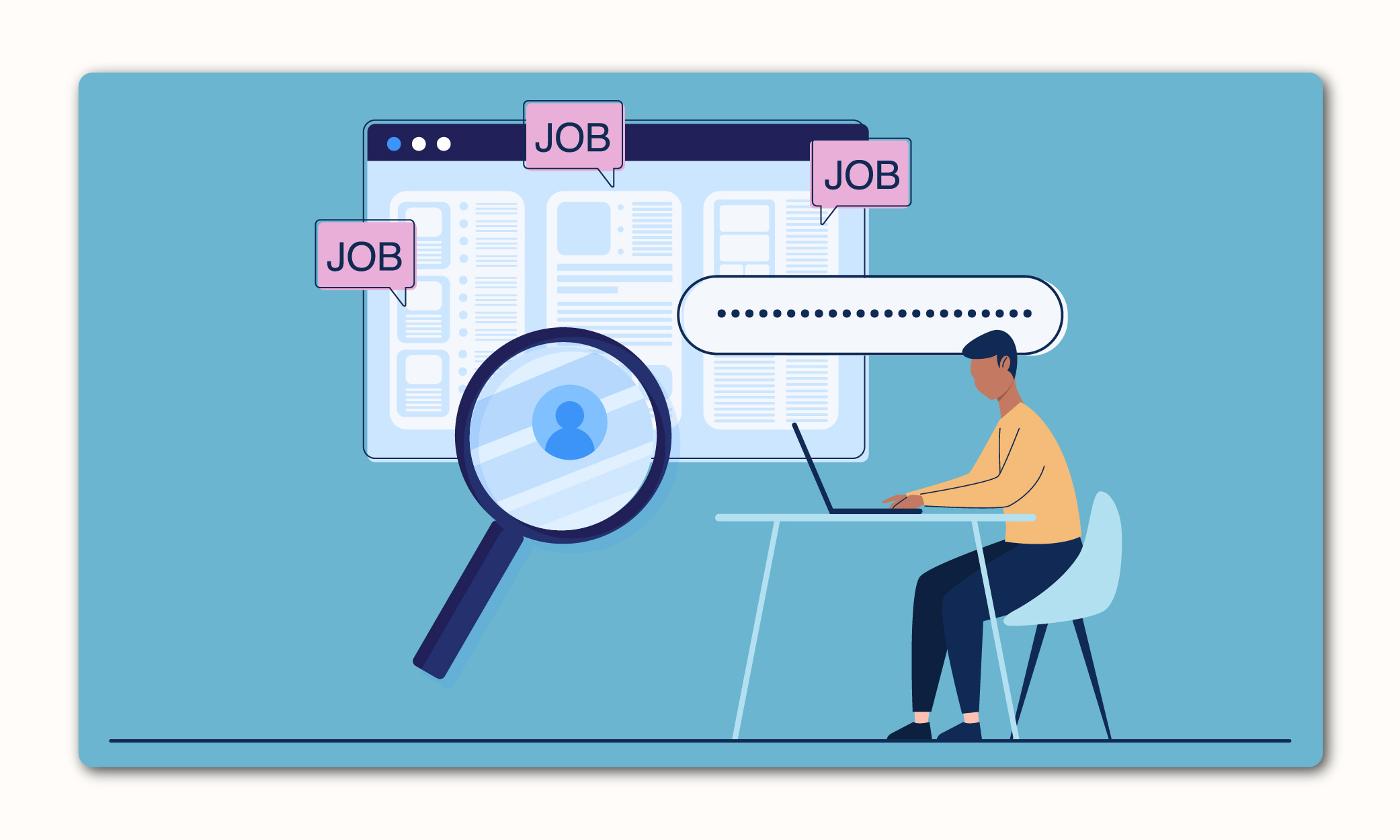
The Ultimate Guide to Programmatic Job Advertising [2025]

The Ultimate Guide to Talent Sourcing [2025]

The Ultimate Guide to Career Sites [2025]

The Ultimate Guide to Diversity Hiring [2025]

The Ultimate Guide to AI in Recruiting [2025]
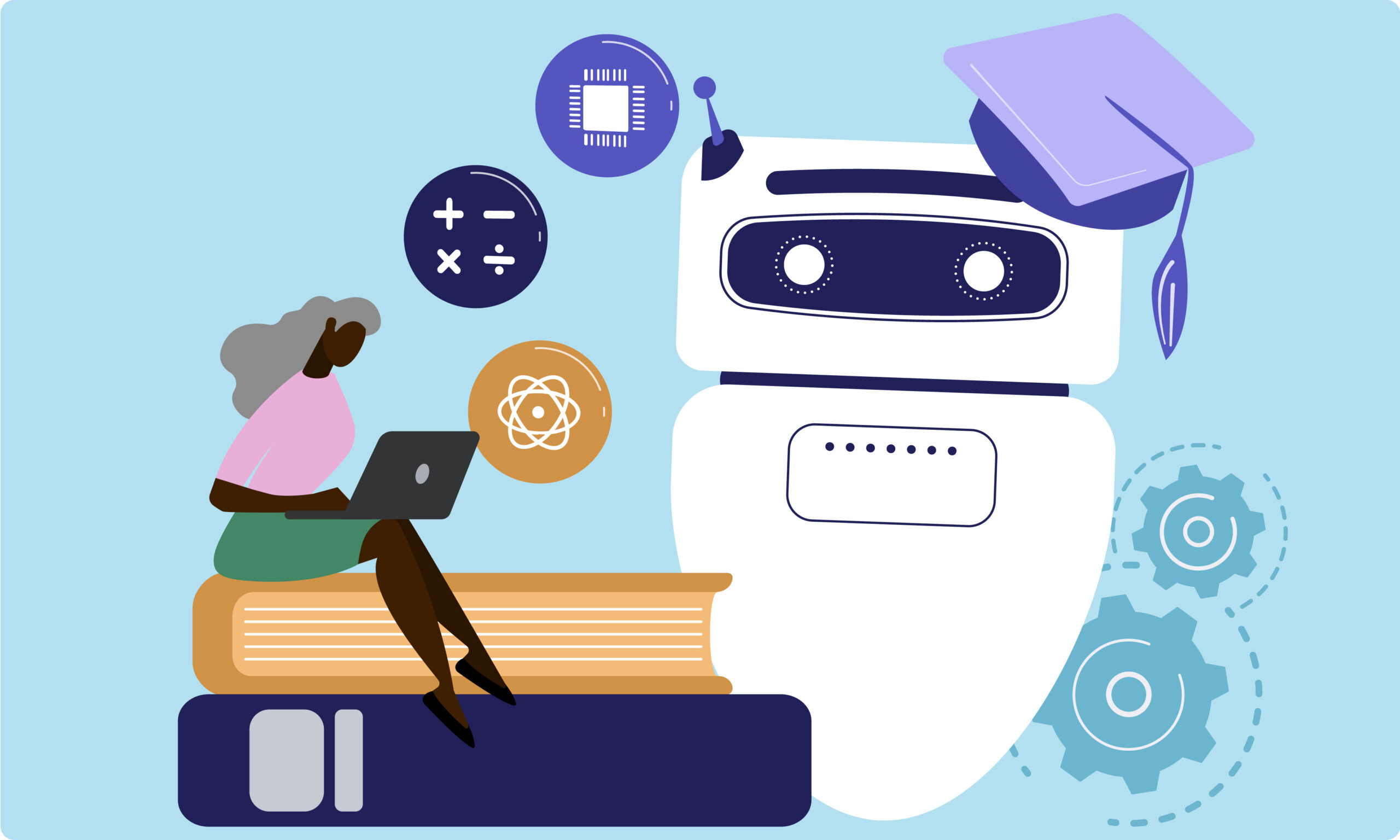
The Ultimate Guide to Recruitment Marketing [2025]

The Ultimate Guide to Employer Branding [2025]

Employee Value Proposition (EVP): The Ultimate Guide [2025]

The Ultimate Guide to High-Volume Recruiting [2025]
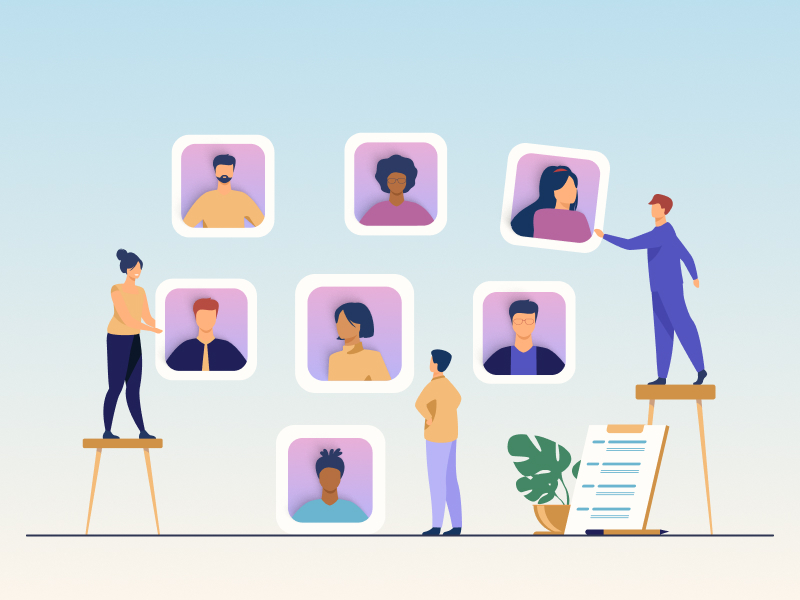
The Ultimate Guide to Candidate Experience [2025]

Google for Jobs: The Ultimate Guide [2025]

The Ultimate Guide to Posting and Advertising Jobs on Meta/Facebook [2025]
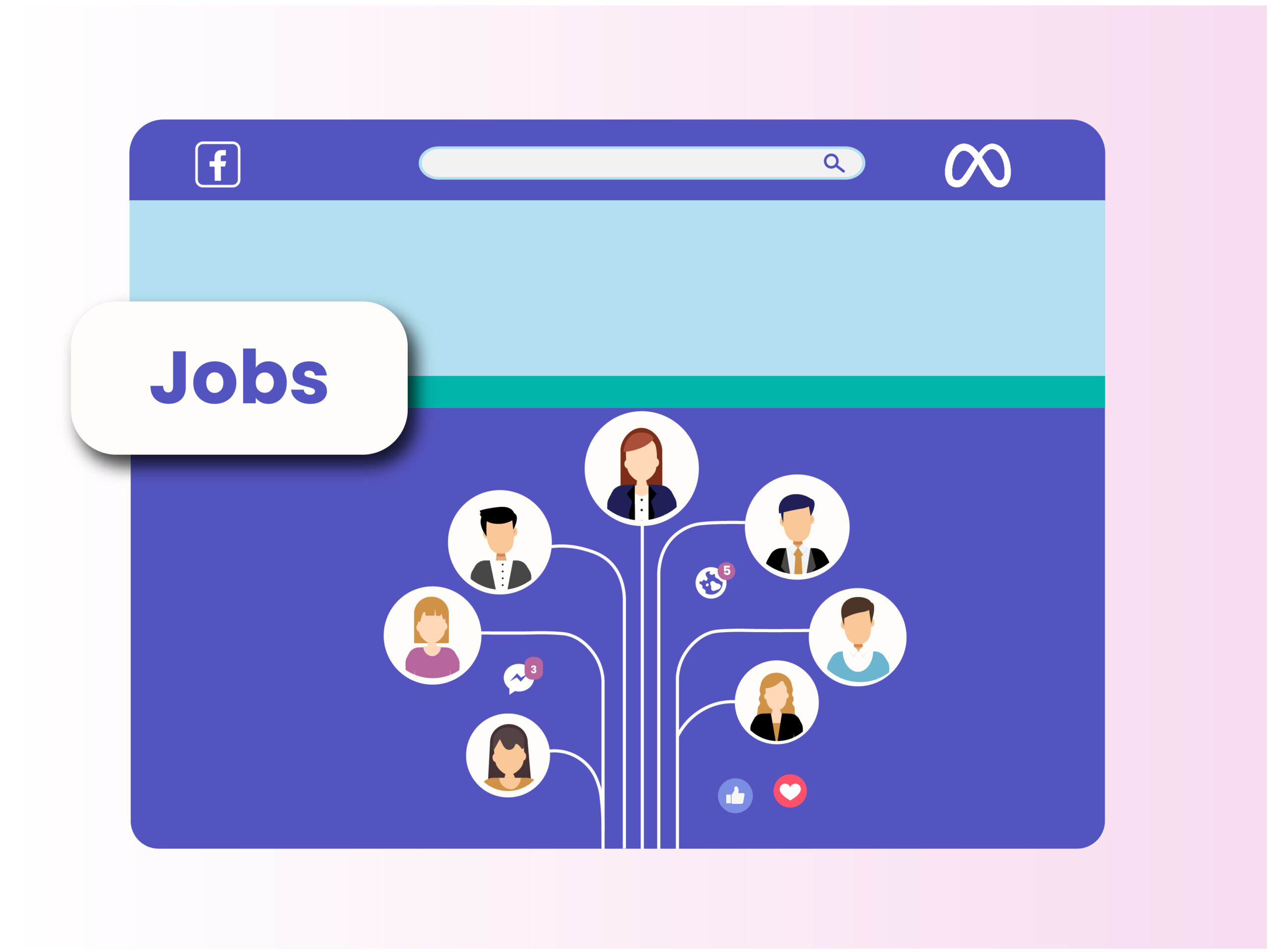
The Ultimate Guide to Candidate Relationship Management: Recruitment CRM in [2025]

